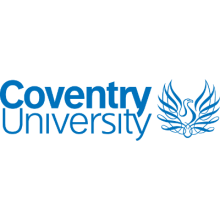University research currently speaks to a limited audience. For it to become the “fifth estate”, as Beate Scholz and David Bogle suggest (“Truth in research”, Letters, 22 December), will require radical realignment.
Finding an affordable place to live, earning enough to pay the bills, obtaining timely medical treatment, and dealing with hate crimes: these are the manifestations in people’s daily lives of the Universal Declaration of Human Rights, which Scholz and Bogle cite.
But genetics research, indicators of climate change, and even analysis of social problems can appear to be of little immediate significance to large sections of society. Mass media reinforce this apparent mismatch, disregarding the majority of university research as merely “academic”.
We believe that the “populism” to which Scholz and Bogle refer can be harnessed into rights-based approaches to research increasingly deployed: participatory action research.
Unless universities build two-way partnerships with those beyond the scientific, political and industrial elites that can quickly address people’s daily struggles, an increasing proportion of the public will dismiss academia as largely irrelevant.
Tom Wakeford
Centre for Agroecology, Water and Resilience
Coventry University
John Wakeford
Missenden Centre for the Development of Higher Education
Send to
Letters should be sent to: THE.Letters@tesglobal.com
Letters for publication in Times Higher Education should arrive by 9am Monday.
View terms and conditions.
Register to continue
Why register?
- Registration is free and only takes a moment
- Once registered, you can read 3 articles a month
- Sign up for our newsletter
Subscribe
Or subscribe for unlimited access to:
- Unlimited access to news, views, insights & reviews
- Digital editions
- Digital access to THE’s university and college rankings analysis
Already registered or a current subscriber?

